Join Coldcut on Sound Advice, the weekly interview series covering artists’ journeys and their creative process. In this episode, we speak with Coldcut’s Matt Black about celebrating 35 years of Ninja Tune, running an independent record label, future technologies and more.
Welcome to Sound Advice, the series spotlighting artists’ creative process and their SoundCloud journey. We’ll get the inside knowledge straight from the source on how musicians, producers and creatives are leaning into everything SoundCloud offers to elevate their sound, get heard and catapult their careers. Sound Advice is now available in audio format on the SoundCloud Stories profile.
On this episode of Sound Advice, we’re celebrating the 35th anniversary of the legendary Ninja Tune record label, which is home to artists like BICEP, Bonobo, SoundCloud Ascending artist Barry Can’t Swim, ODESZA, Floating Points, Amon Tobin, Yumiki and many, many more. Ninja Tune was founded in 1990 by Coldcut: pioneering artists in the sphere of turntablism and trip-hop, whose collage approach to sampling, futuristic use of new technologies and groundbreaking Solid Steel radio shows have influenced generations.
To reflect on the label’s storied history and learn more about what’s in store for its next chapter, we dialed up none other than Matt Black — half of Coldcut alongside Jonathan More — and the co-founder of Ninja Tune. Throughout our in-depth conversation, we talk about how the label started, the label’s ethos and how they’ve been able to remain independent for over three decades. Black also shares insights on technology and adaptability, the creative freedom that comes with keeping it DIY, and his vision of building a more sustainable future for music and the planet. Plus, Black also offers invaluable advice for finding your people, building community and staying true to your vision as an artist in today’s ever-evolving digital and cultural landscape.
LISTEN TO THE AUDIO EPISODE OF SOUND ADVICE FEATURING COLDCUT
FOLLOW COLDCUT AND NINJA TUNE ON SOUNDCLOUD.
Things We Talked About In This Episode of Sound Advice
The Birth of Ninja Tune and the Influence of Punk Attitudes and Hip-Hop Technologies
- We begin the conversation with Matt Black by talking about the 35th anniversary of Ninja Tune, the label he co-founded with his Coldcut partner Johnathan More. Looking at today’s “drastically changed” musical landscape, with elements such as AI, music generational tools and social media, Black reflects on what role the record label has in 2025 and onwards, and how Ninja Tune today aims to operate with the same ethos as 35 years ago: to offer artists something unique in the industry, give them options to stay niche, and to take responsibility for their own art and careers.
- Back in the late 1980s, Black was drawn to the concept of collage. Black explains that when he was starting out with Coldcut, he told his parents that he was giving up on his computer programming career path to become a DJ. As the story goes, his artistic parents came to an understanding with this decision after Black showed them an audio collage piece by the trailblazing hip-hop producer Steinski, titled ‘The Motorcade Sped On.’ This example helped give his family a reference point to his own creative direction and inspiration.
- In tandem with their love of collage, Black and More were both hugely inspired by early hip-hop culture. As two self-proclaimed white kids living in London, they were fascinated by the Black cultural revolution coming from America. As Black recalls, all elements of the culture, including turntablism, MCing, graffiti and breakdancing, all came together as inspirations, leading the pair to make their first tape as Coldcut through early sampling techniques. Here, Black also details the models of samplers that were available in the late 80s and early 90s, and how the democratization of these machines impacted their creative ethos.
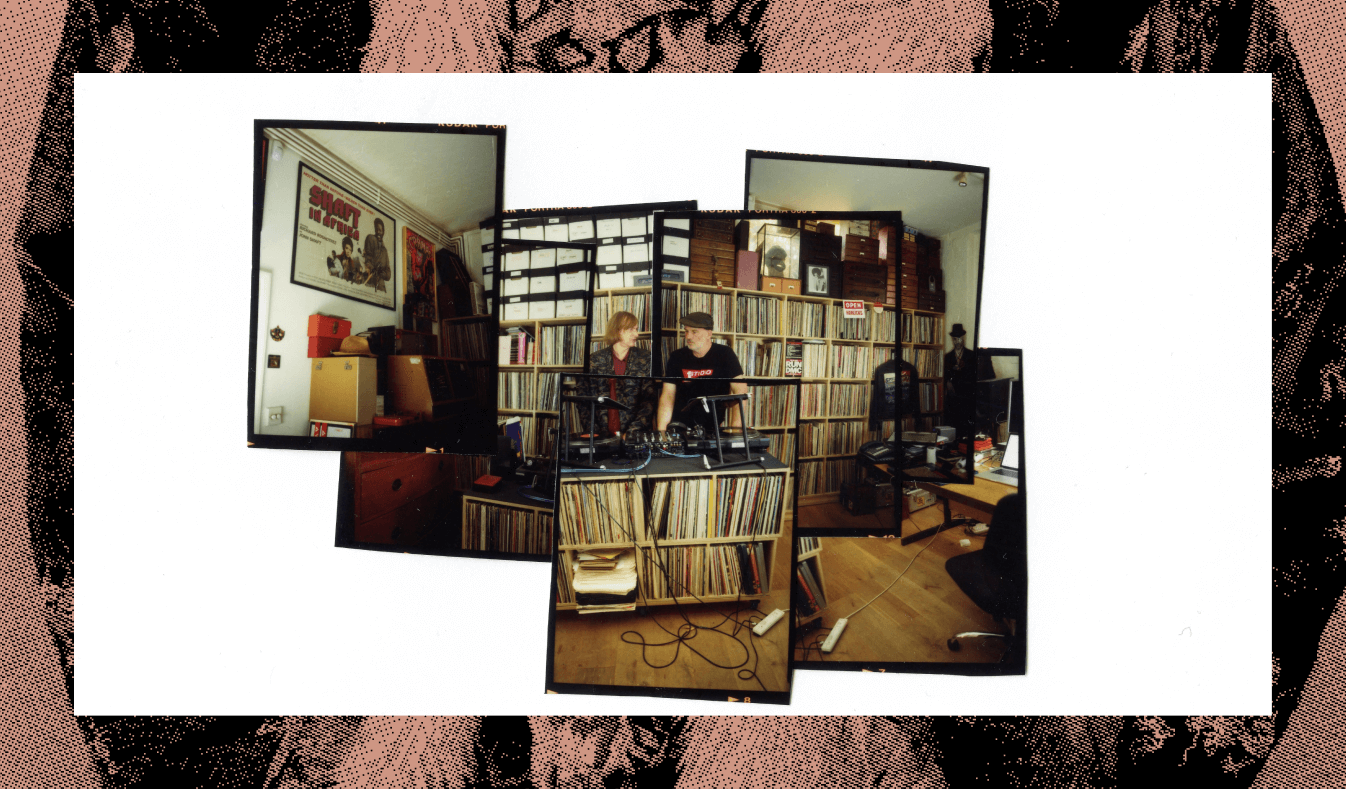
How To Be Independent, Fight Against The Major Label Blueprint and Run A Successful Label
- When Ninja Tune first started, it was inspired by late 1970s punk rock acts like The Buzzcocks and Daniel Miller — artists who put out their own records, independent of the major label system — and by Coldcut’s own experiences with that system. Here, Black tells the story of how they were originally signed to a label, but felt under pressure to be a “cog in the machine” and to make facsimiles of existing radio hits to “satisfy a mainstream audience.”
- Feeling like they were losing control of their artistic identity as Coldcut, Black and More made the decision to form Ninja Tune as “an escape vehicle.” After pressing up their own records and selling them out of their van and directly to record stores in London, they built up a small, loyal team. For example, Black explains how he met Peter Quicke, a business-savvy DJ who joined the crew early on and still works for Ninja Tune today.
- After 35 years of running the label, Black is well equipped to impart advice to artists who are keen to release their own music, or run their own independent label. On this subject, most importantly, he says, have a good group of people around you. This includes music lovers who want to give their creative ideas to the label’s success, are happy and able to take their time on their craft, and have a sense of success that isn’t based on numbers and dollar signs. As Black explains, by keeping your creativity at the forefront and your goals fluid, you’ll enjoy your work all that much more.
How Ninja Tune Has Adapted to New Music Technologies and the Internet to Maintain Creative Independence
- In the 35 years since Ninja Tune’s inception, there have been massive changes in technology that have impacted how artists and the music industry operates. In the face of such changes, how can an independent record label and its artists decide which changes to embrace and which to reject? For Black, it’s an evolving challenge. As he and More see it, labels have to function within whatever the current reality of the music business is; being open-minded and realistic is key.
- Remembering a time when he interacted with the founders of the Internet Underground Music Archive — the “first place to send mp3s” online — Black says he was struck by how little the more mainstream music industry peers he knew understood the Archive’s mission.
- Seeing what he calls “a lack of imagination and basic smarts” on how the internet could be a tool for independent artists, Black and More were convinced that they needed to adopt these technologies into their approach for building Ninja Tune. They made their own website and kept enough in sync with new technologies to avoid feeling flooded by sudden change over the years.
- Bringing this topic into the present day, Black talks about how he and More believe that streaming in fact saved the music business, and how those who defied the use of the internet in the pre-Napster days didn’t see the writing on the wall. He credits online mp3 sales for keeping Ninja Tune alive in the early to mid-2000s, so an appreciation for streaming feels like a logical evolution.
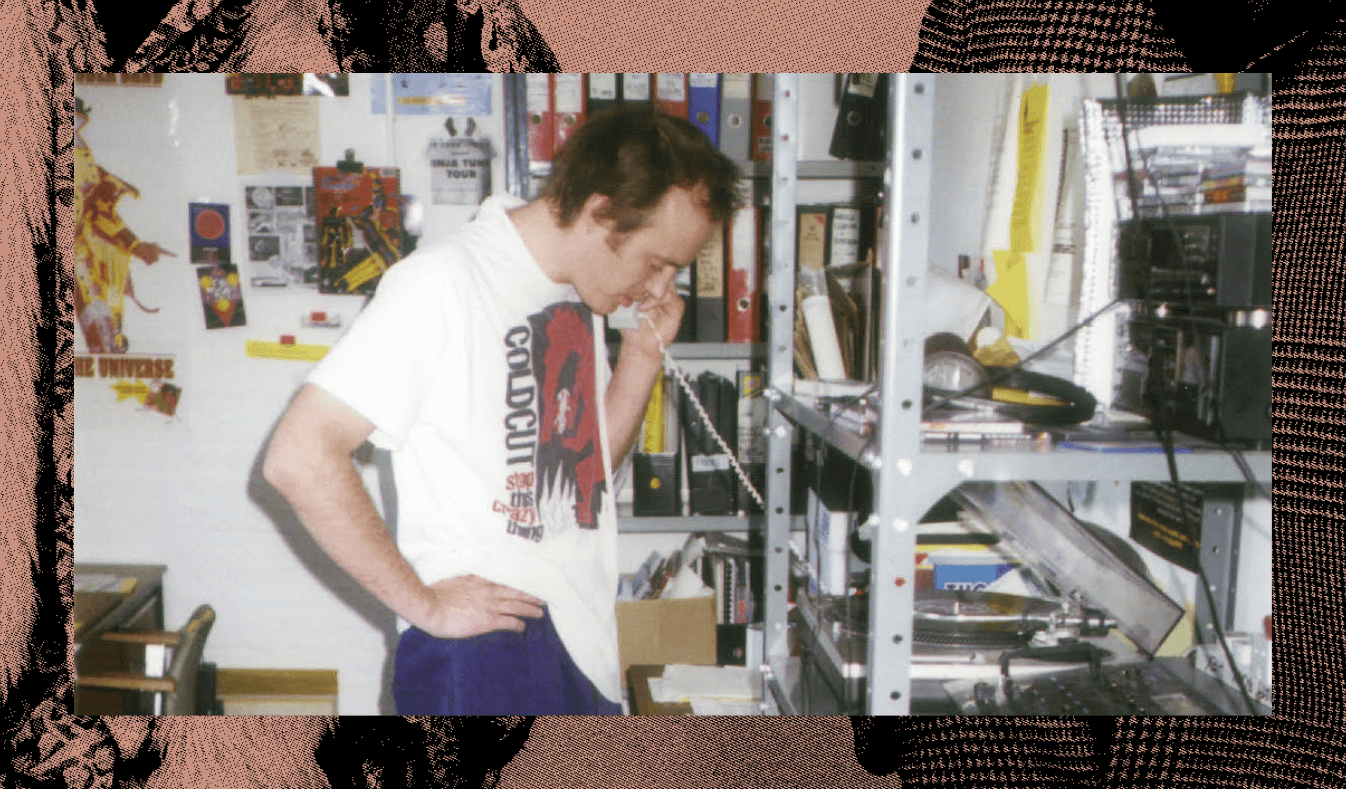
How Coldcut Run Ninja Tune and Use SoundCloud to Give Artists Greater Control and Independence
- Is it easier to be an artist now, or more difficult than ever? Here, Black talks about his passion for not just releasing music, but creating the supporting material that brings an audience into an artists’ world. This includes the vinyl packaging, the artwork and other core elements. In order to adapt to the current moment, though, not every traditional way of releasing music works with the younger generations.
- Black explains how Ninja Tune has adapted their inventory to suit shifting, contemporary tastes, like producing gatefold album sleeves without the vinyl record, so that fans can display the artwork at home, and listen to the album digitally. These limited edition, sometimes custom products for a collectors market have been a fruitful endeavor for Ninja Tune, Black says, as it allows the audience to engage with the artists through physical releases even if they don’t play vinyl at home.
- Ninja Tune has amassed over 5.5 million followers on SoundCloud, an impressive audience that’s been built up over time. Black talks about how the label has been on SoundCloud since the platform’s earliest days, and how they used it to promote their Solid Steel radio show mixes and forthcoming releases.
- The label’s current roster is as varied as it is eclectic: from BICEP to Metronomy, Tycho to Ben Böhmer. So what is the unifying principle behind what makes an artist right for Ninja Tune? While Black quips that he won’t share the recipe to their secret sauce, he explains the thinking behind whether to sign an artist to the label or not.
- Referencing the words of jazz artist Thelonious Monk — “Everybody is a genius at being themselves” — Black says that the most important attribute in an artist is if they’re able to infuse their creative work with their own character. As an independent label, it’s important for Black to see that in a potential signing so that he and More can grow their “tribe of oddballs.”
Ninja Tune’s Carbon Neutral Plan for 2026 and Beyond, Plus Words of Encouragement for Pursuing a Creative Path Without Compromise
- For years, Ninja Tune has been working on a 360 degree approach to bring the label's operations in line with carbon neutrality goals. They’re aiming to be 100% carbon neutral by 2026 and have made big changes to meet that goal: installing solar panels on the roof of their office to cheaply and efficiently run their power, expanding the materials used in their vinyl pressing process and using sea crates to transport their products. But that’s not all they’ll aim for. As Black explains, they want to go beyond carbon neutrality and get to a point where Ninja Tune is “resource beneficial;” where every element of the business has a benefit rather than a cost to the planet.
- As an independent label, Black sees it as vital to their business that they live by these principles and put their ideas into action quickly, rather than letting middle men or outside influences slow them down. “Demonstrate, don’t just protest,” says Black. The climate crisis is intensifying, and the music industry needs a plurality of approaches and understanding to make a practical difference.
- Leaving listeners with words of encouragement from his own experiences, Black explains how he’s passionate about demonstrating the right way forward when it comes to sustainable and creative business practices. He notes how, when reflecting on Ninja Tune’s legacy so far, he’s proud of their work in helping make it more accessible for artists to get their work out there, and how it’s “not just about putting out music” but is about “modeling a different way of doing business.”
Links and Extras
Follow Ninja Tune on SoundCloud here and never miss a new release.
Follow Coldcut on SoundCloud here.
Check out episodes of Sound Advice featuring artists from across the Ninja Tune universe, including BICEP, Metronomy, Tycho, Ben Böhmer, Maribou State and LP Giobbi.
Listen to Ninja Tune’s playlist of new releases on SoundCloud.
Explore some of Coldcut’s wide-ranging influences, including Thelonious Monk, The Buzzcocks, Eric B & Rakim, James Brown, Queen Latifah and On-U Sound Records, to name a few.
Follow Ninja Tune’s affiliate labels: Brainfeeder, Counter Records, Technicolour Recordings, Big Dada and Foreign Family Collective.
Listen to the Chill House playlist on SoundCloud.
Never miss an episode and follow the official Sound Advice playlist on SoundCloud.
Getting The Most Out of SoundCloud
Learn more about using DMs to connect with fellow artists and potential collaborators.
Learn more about how to make a custom playlist on SoundCloud.
Learn more about unlimited uploads, available with an Artist Pro subscription.
Learn more unlocking access to unlimited distribution, available with Artist Pro.
Learn more about getting heard with SoundCloud’s updated algorithm, available to Artist and Artist Pro subscribers.
To discover additional features a SoundCloud Artist or Artist Pro subscription offers, visit here. To catch up on past installments of Sound Advice and make sure you don’t miss out on future episodes, visit here.
CREDITS: Host: Vivian Host, Executive Producer: Mike Spinella, Producer: KC Orcutt, Audio Engineer: David “Dibs” Shackney, Coordinator: Trevor McGee, Editorial Associate: Lauren Martin






.png)




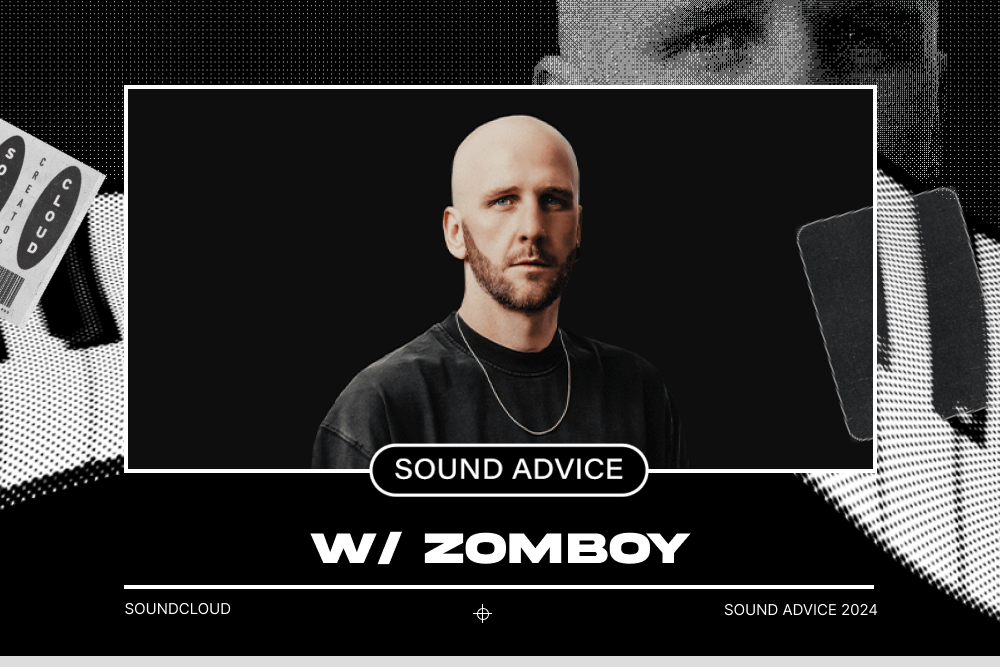














.png)


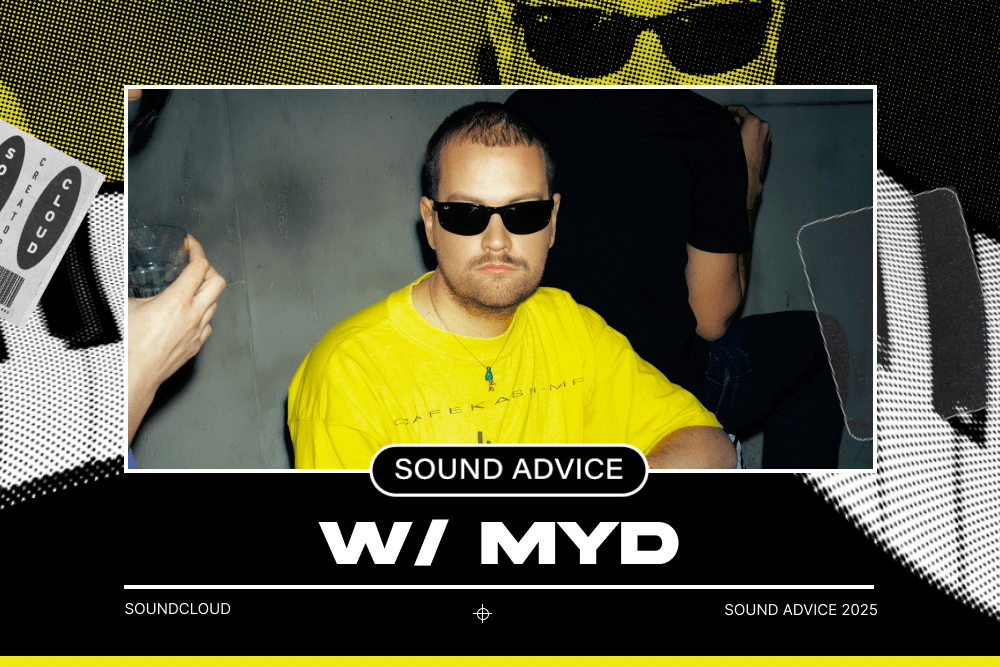
.png)







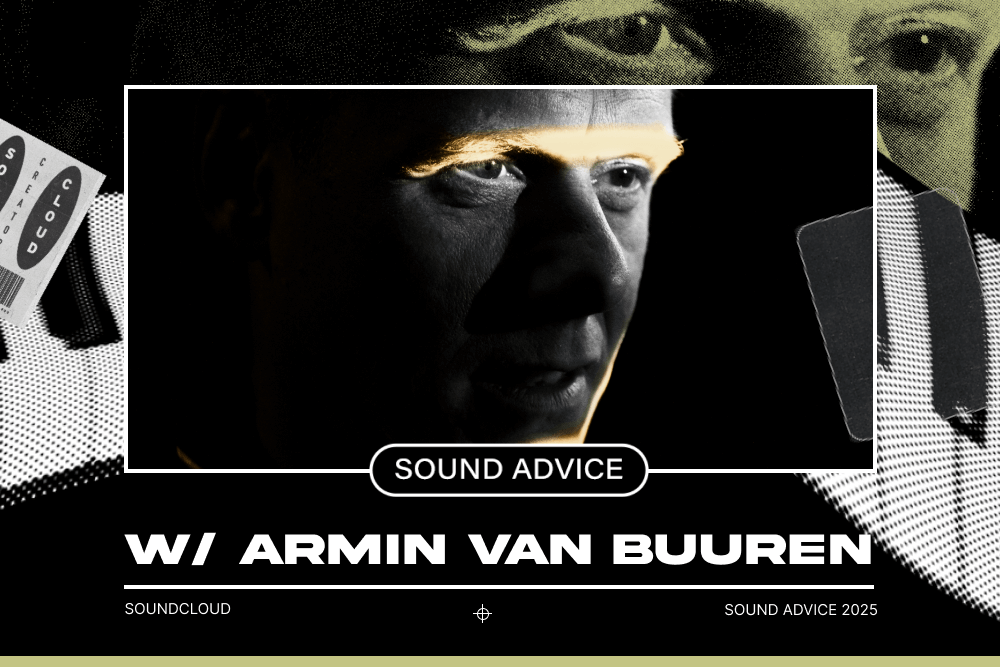



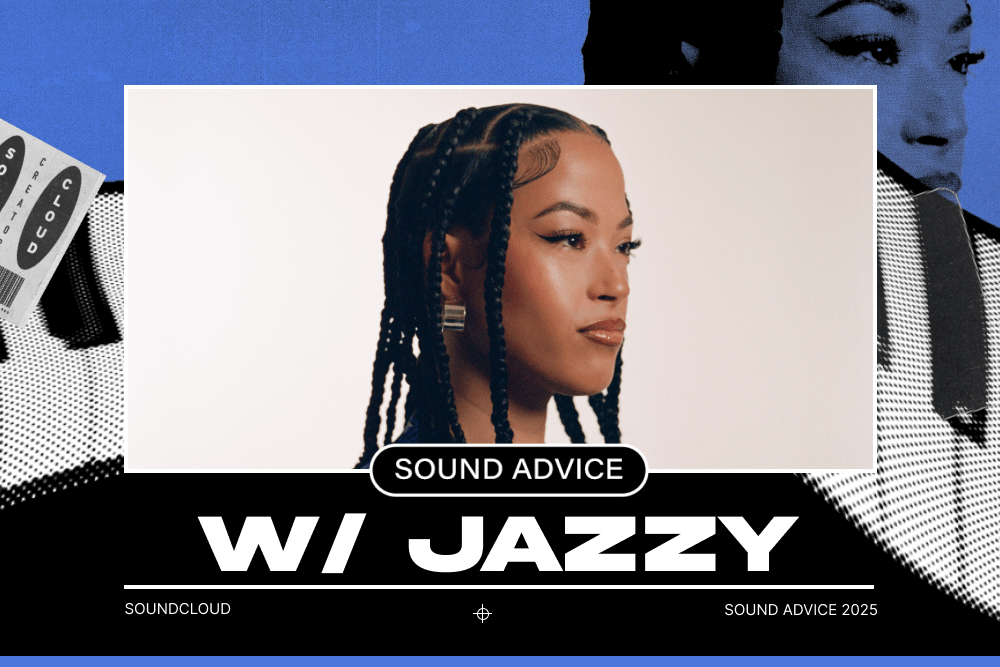


















.png)




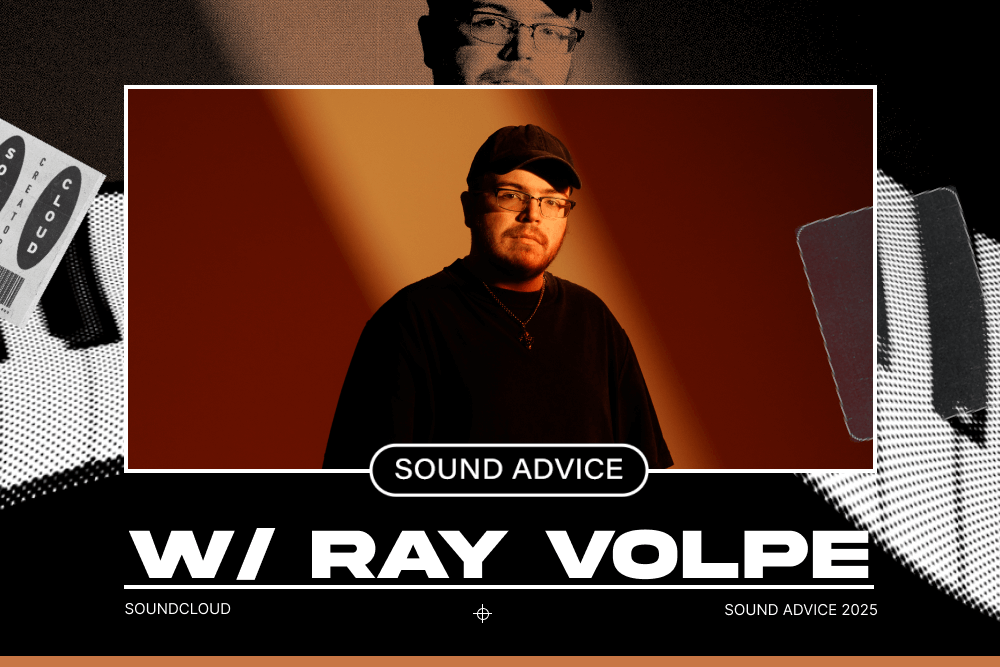





.png)
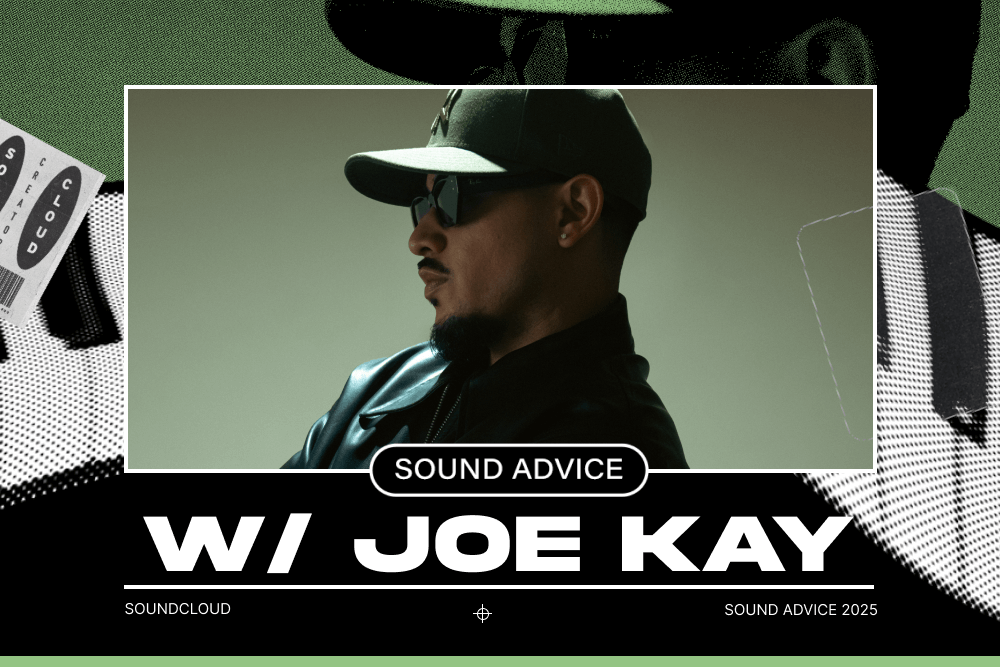
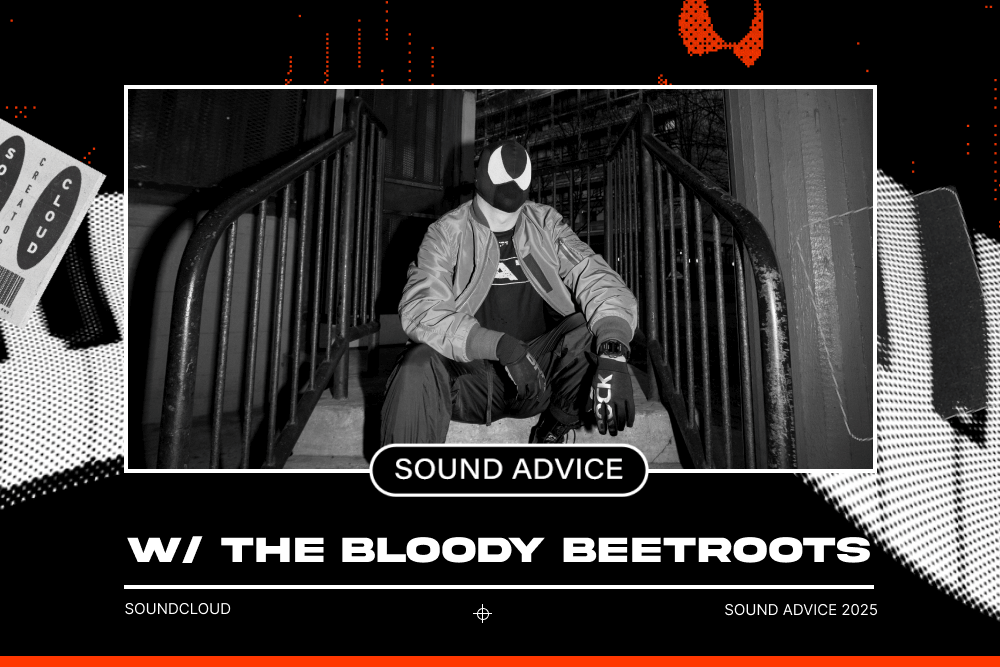







.png)


